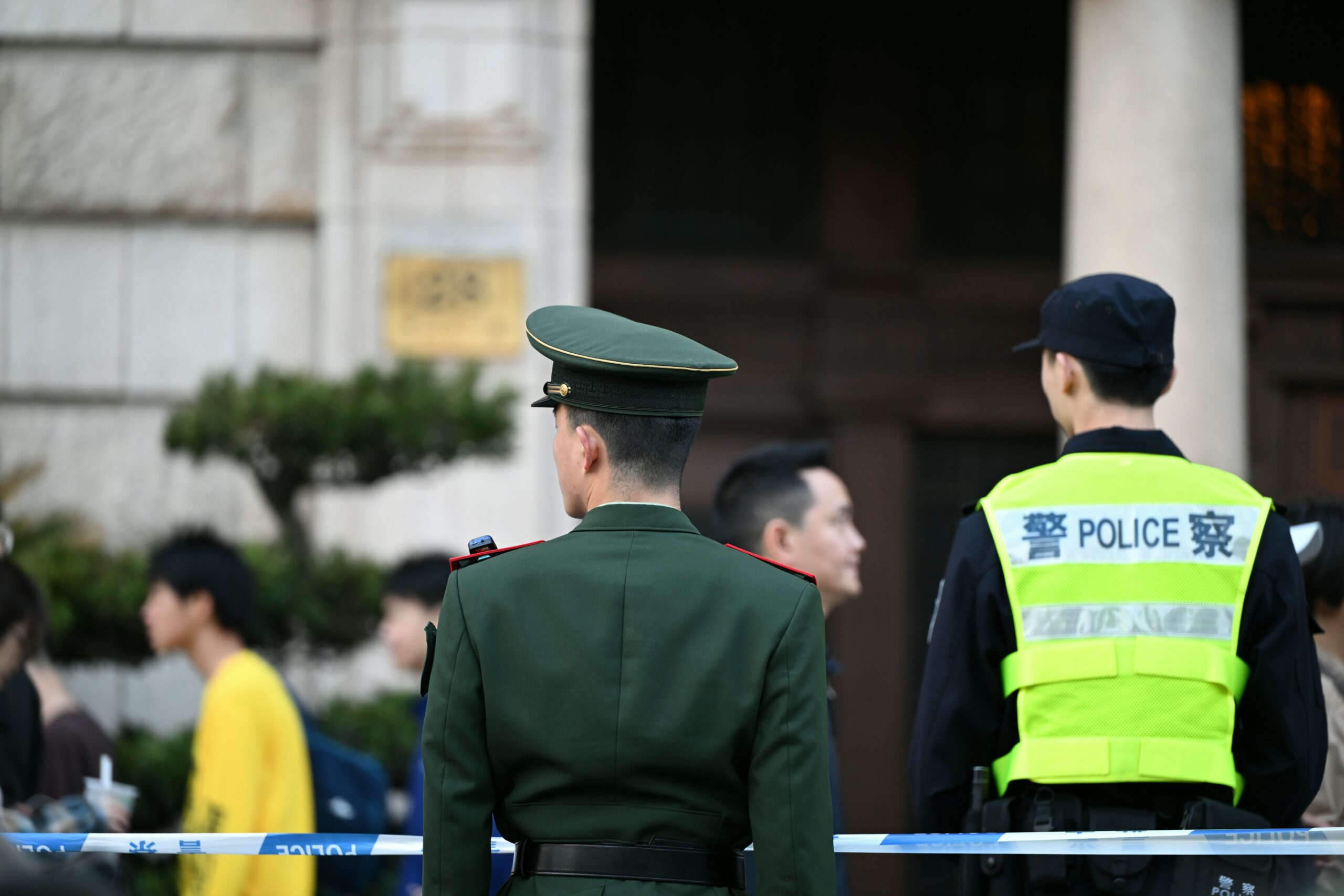TAIPEI, TAIWAN—Prominent Taiwanese actor Darren Wang Ta-lu appeared in the New Taipei District Court on Tuesday, acknowledging his involvement in a scheme to fraudulently evade mandatory military service. The admission comes after his formal enlistment in March and amid a broader legal crackdown on celebrities implicated in similar forgery cases.
Accompanied by his legal counsel, Wang quickly entered the courthouse, later telling the court, “This incident was an error committed out of my ignorance. I sincerely admit my mistake, and I plead guilty.” His statement marks a critical development in a high-profile case that has put a spotlight on celebrity conduct regarding national service obligations.
During the proceedings, Wang detailed the monetary transactions central to the alleged fraud, stating that he initially paid the syndicate leader, identified as Chen Chih-ming, NT$300,000, which later escalated to NT$1 million. Wang claimed that subsequent demands for NT$1.5 million and NT$660,000 led to a negotiated final cash payment of NT$2 million. These cash transactions, totaling NT$3.3 million, allegedly took place at various spots, including the Sun Yat-sen Memorial Hall and his residence on Ren’ai Road, always without witnesses. He also confirmed an additional wire transfer of NT$300,000, bringing the total sum paid to NT$3.6 million.
Defense Seeks Leniency Amid Mandatory Service
Wang’s defense attorney argued that while the actor’s motive was indefensible, several mitigating factors should be considered for sentencing. The counsel highlighted Wang’s subsequent confession and his current active military service, noting that he has already served nine months with an exemplary record. The defense requested a lighter sentence, potentially including a suspended sentence or a reduced penalty convertible to a fine (Yi Ke Fa Jin). Wang remained silent when questioned by reporters before and after the hearing.
Wang’s case is part of a larger investigation into celebrity draft-dodging. The New Taipei District Prosecutors’ Office recently concluded its third wave of related searches and investigations. Last week, the office indicted several other high-profile figures, including actors Bolin Chen, Hsiu Chieh-kai, Chang Shu-wei, Hsieh Kun-da, and Liao Yun-chieh, seeking prison sentences of two years and eight months for each.
Legal experts suggest that the prosecution’s severe sentencing recommendation signals an intent to ensure incarceration rather than granting probation.
Attorney Chen Chun-wei commented on the indictment, stating that the recommendation of two years and eight months “clearly aims to prevent them from receiving suspended sentences, requiring them to serve jail time.”
Implications for Celebrity Accountability
The question of whether the sentences sought for individuals like Wang and Hsiu are disproportionate, based on the principle of proportionality, remains a point of public discussion. Attorney Chen advised that if those indicted accept responsibility for their actions and engage in public service to repay society, they still have an opportunity to receive sentences below the two-year threshold, which could then qualify them for probation and avoid imprisonment.
This series of high-profile cases underscores the seriousness with which Taiwanese authorities view compulsory military service and the application of law to public figures. The ongoing trials are expected to establish a strong precedent regarding accountability and integrity for celebrities in Taiwan. The verdict in Wang’s case will be closely watched by the entertainment industry and the public as the legal system balances justice with potential social redemption.
